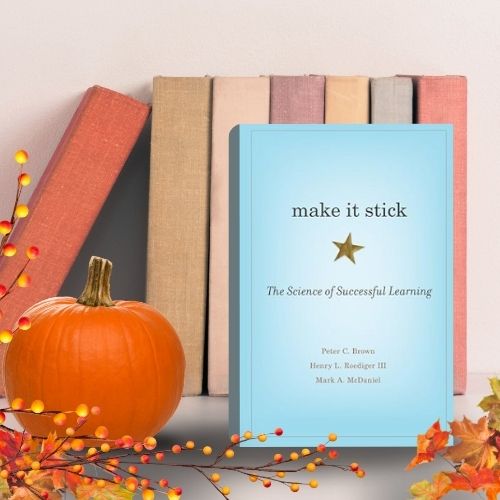Poems for Our Lives: In the Disciplines, is a blog that explores poems centered on the professional disciplines in which we, as academics, scholars and professionals, have made our lives.
Building a discipline-specific discussion around a poem should be manageable for everyone. You can devote just 10-15 minutes of one class towards one poem. You’re not going to be teaching poetry, you are simply going to be discussing ideas. The best poems unearth the essential nature of their subjects. At the core of poetry is the idea of what it means to be human and that’s an idea everyone can relate to. You’ll be surprised at the variety of responses you’ll get from your students. Some students will find little gems of meaning and connections that you don’t even know are there. And students may be given an opportunity to write their own poems as well. Have fun! Think expansively! And remember, Poetry, like the moon, is for everyone.
Gianna Russo
Assistant Professor of English and Creative Writing
Poet-in-Residence, REBUS
Editor in Chief, Sandhill Review
Director, Sandhill Writers Retreat
Language Studies and the Arts: English
This amusing found poem by one of our most vibrant living poets, Aimee Nezhukumatathil, or Aimee Nez, as she is commonly called, is made up of lines sent to her by students. The poet juxtaposes the lines so that separate thoughts burgeon into something that is collectively comical, surprising, and evocative. The poem is a droll commentary on some of the common assignments we English teachers give our students to encourage them to think critically about literature. Out of the mouths of babes . . .
Discussion Questions
- In which lines can you identify the instructions the students were given by their teachers? What do you think the students were asked to do?
- A number of lines are repeated or repeated slightly rephrased. Why do you think the poet does this and what is the effect of this repetition?
- Besides repetition, can you identify any type of form for this poem? Identify as many poetic elements as you can.
- Which lines are written by the oldest and youngest writers? How does Aimee Nez create dynamism in organizing these lines?
- What do you think is the poet’s intention in putting together this poem?
- What does this poem say about the value and power of poetry?
Professor, create your own question here:
Writing prompt: Go through your own emails or social media posts and pick out 20 lines or phrases that have energy or are vivid and engaging to your ear. Copy each line onto one page, then rearrange them. Try to determine an interesting order, one where lines seem to point to or “speak” to one another. Sometimes intuitive connections will arise and surprise you. I like to print out the page and actually cut all the lines out individually, then put them on a table like puzzle pieces and manually move them around. It’s fun to see what emerges! Feel free to share your poems with me at gianna.russo@saintleo.edu.
Dear Amy Nehzooukammyatootill,
by Aimee Nezhukumatathil
(a found poem, composed entirely of e-mails from various high school students)
If I were to ask you a question about your book
and sum it up into one word it would be, Why?
I think I like Walt Whitman better than you. I just don’t
get literature, but for a fast hour and a half read, your book
takes the cake. I like how you organized the lines
in that one poem to represent a growing twisting bonsai tree.
Are you going to get a rude reaction when you meet
that one guy in that one poem? I guess you never know.
You are very young to be a poet. I also like how your poems take
up an entire page (it makes our reading assignment go faster).
In class we spend so much time dissecting your poems
and then deeply analyzing them. I think I like Walt Whitman
better than you, but don’t take offense—you are very good too!
You are young, You are young and pure and really just want
to have a good time. Thank you we have taken a debate
and you are a far better poet than Walt Whitman. And I loved
how your poems were easy to read and understand. Hello
my name is Alicia. We read you book and I just loved it.
We also read Walt Whitman’s Leaves of Grass. There
was no competition there. I liked your book a whole lot better.
It was an easy read. But poetry is not my favorite type
of literature. Sometimes I am offered drinks and guys
try to talk to me but I too just brush it off and keep dancing.
Every once and a while the creepy mean guys try to offer you
things and then they say something. What would you do?
Lastly, I was wondering if you ever wrote a poem that really
didn’t have a deeper meaning but everyone still tried
to give it one anyways? Walt Whitman is better than you.
Poetry Foundation
Aimee Nezhukumatathil, “Dear Amy Nehzooukammyatootill” from Lucky Fish. Copyright © 2011 by Aimee Nezhukumatathil.
Reprinted by permission of Tupelo Press.
Source: Lucky Fish (Tupelo Press, 2011)





